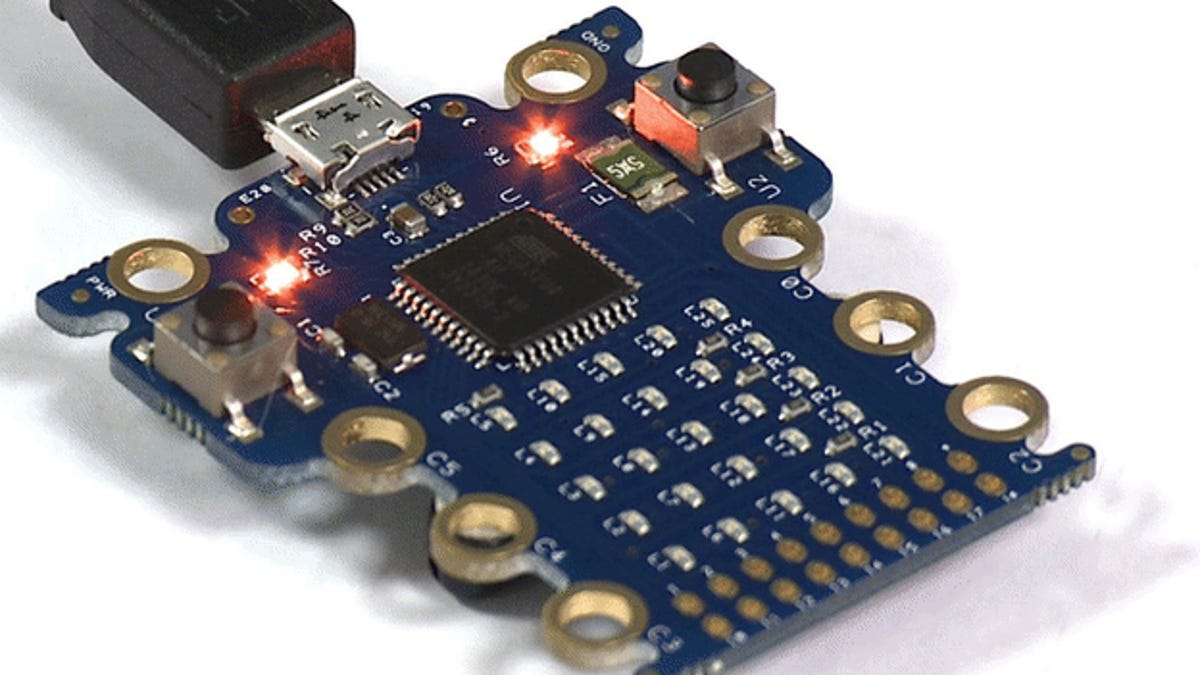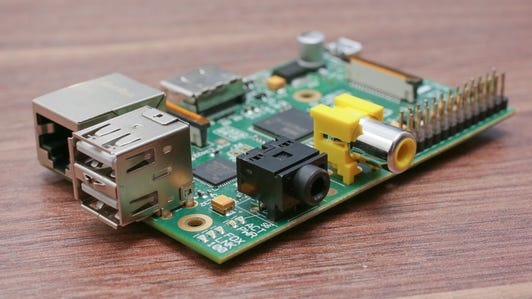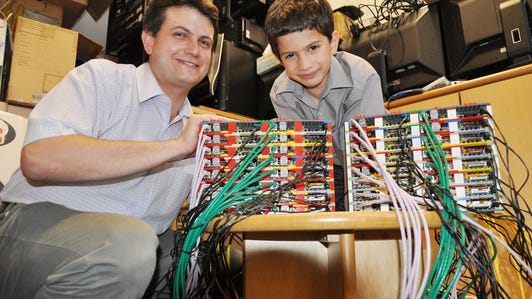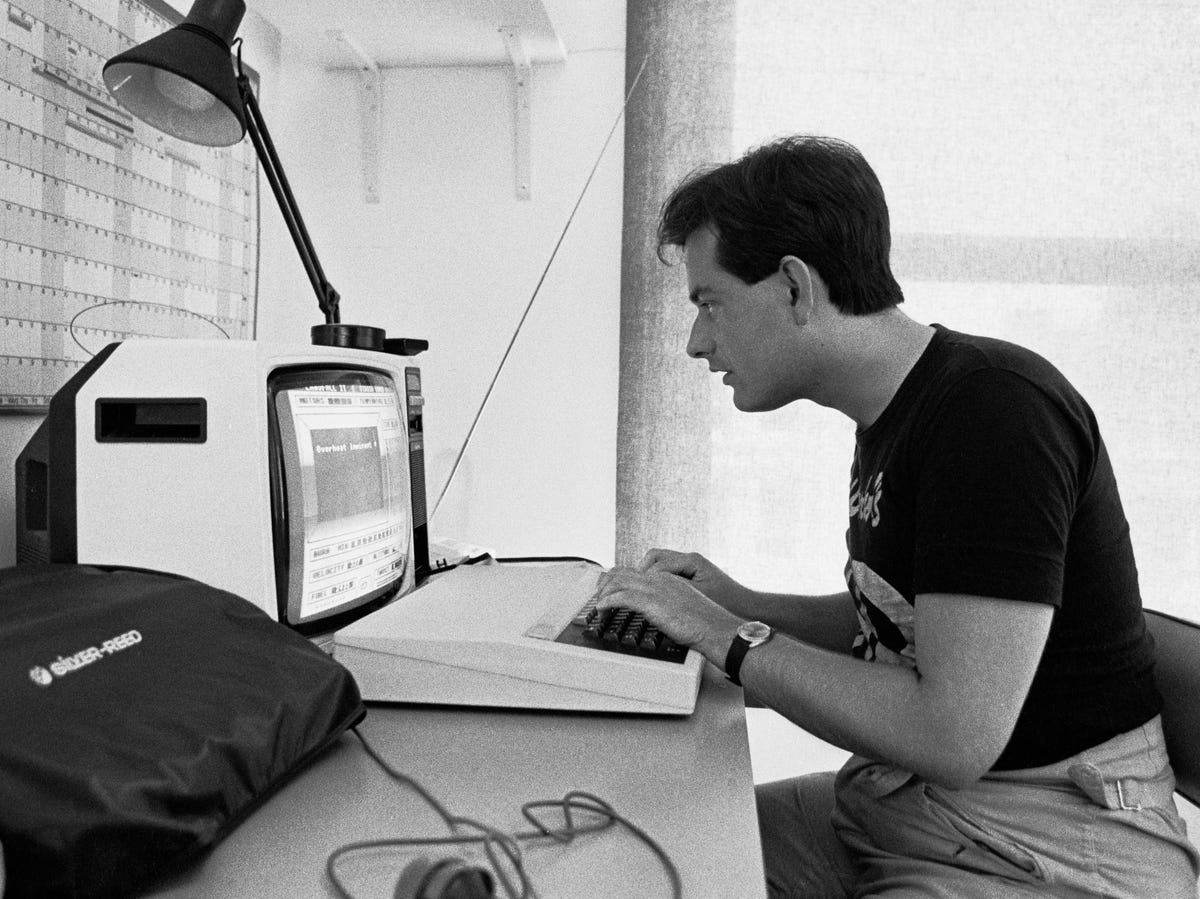
BBC
The UK’s 11-year-olds will be issued with a basic computer by publicly-funded broadcaster the BBC this year, to encourage them to get into coding.
The simple Micro Bit computer will be given to 1 million children starting UK secondary school in this coming autumn term. Coding has been on the school curriculum in Britain since last year as part of a move to give kids a foundation in science, technology, engineering and mathematics (STEM) subjects. In secondary school, children learn two or more programming languages as well as related subjects like Internet safety.
Described as a “small, wearable… entry-level coding device”, the Micro Bit is designed so children “pick it up, plug it into a computer and start creating with it immediately”. The BBC has worked on the Micro Bit with various tech companies including Samsung, Microsoft, ARM, Barclays and the people behind Raspberry Pi.
The BBC hopes the ARM-based Micro Bit will act as a springboard to more complex devices like the Raspberry Pi, Arduino or Kano.
The most ambitious Raspberry Pi projects (pictures)






+4 more
“We have already seen our customers across the world develop fantastic products for the Internet of Things,” says Element14 CEO and Raspberry Pi manufacturer Laurence Bain, “and we can’t wait to see what the Micro Bit can enable for the engineers of the future.”
The BBC is the world’s oldest and largest broadcaster and provides television, radio and online services. It is funded by the license fee, which costs £145 per year and must be paid by every household with a television.


Virginia Turbett / Redferns / Getty
Get coding
- How the Raspberry Pi Foundation aims to fix computing
- Coding is as ‘simple as Lego’ with Kano kit
- Raspberry Pi 2 model B runs a version of Windows 10 and is just $35
- Raspberry Pi stars in UK spy agency’s mini supercomputer
The new scheme harks back to the 1980s, when the forward-looking Beeb backed the BBC Micro computer in all its beige glory. Built by Acorn, the BBC Microcomputer System saw several models of 8-bit computers sold throughout the decade. A government subsidy of half the cost ensured that most of the schools in the country were kitted out with a BBC Micro, introducing a generation to computing.
“Programming is becoming the language of the 21st century” says Rachel Swidenbank, head of UK operations at coding teaching platform Codecademy. “Anyone anywhere should have access to be able to learn these skills. At Codecademy, we are excited to be supporting BBC Make it Digital to help provide this education to even more children and adults in the UK.”
The Make it Digital initiative also caters to older youngsters with a nine-week apprenticeship scheme for unemployed people to learn basic digital skills, and there will be a season of coding-themed programmes and activities appearing on BBC TV channels and online. These include a new drama based on the Grand Theft Auto games, Radio 4 programmes on the history of coding and documentaries on Ada Lovelace and Bletchley Park, where pioneering mathematician Alan Turing and his colleagues cracked enemy codes during World War II.




